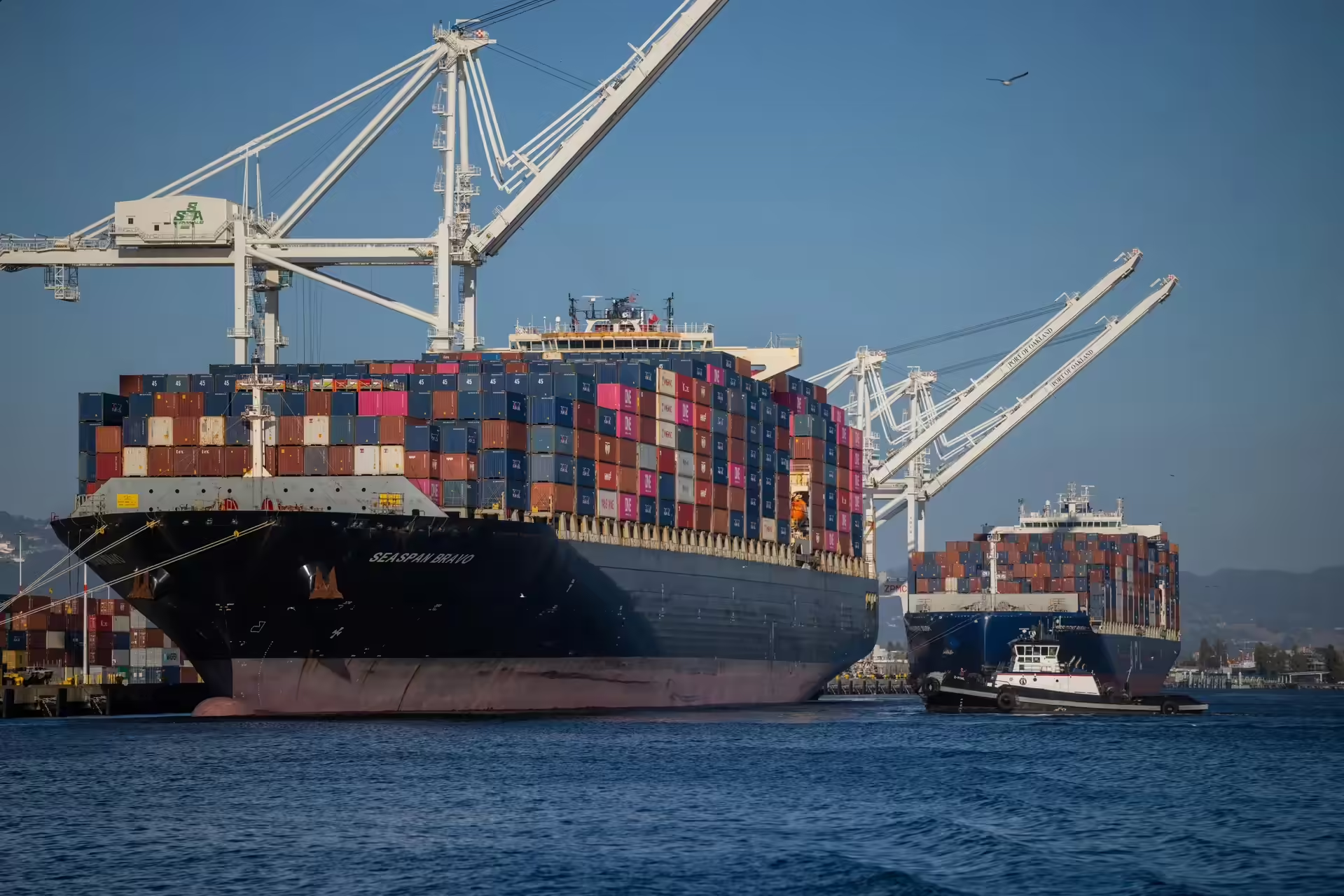Legislation replaces colonial-era law, focusing on efficiency, sustainability, and cooperative federalism in ports.

The Lok Sabha has passed the Indian Ports Bill, 2025, marking a significant reform in India’s maritime governance. Replacing the Indian Ports Act, 1908, the new legislation introduces modern regulations aimed at boosting trade efficiency, sustainability, and global competitiveness.
The bill streamlines port procedures, promotes digitalisation, and sets uniform safety and operational standards. It supports green initiatives, pollution control, and disaster preparedness, aligning with international conventions. Competitive tariff frameworks, investment-friendly policies, and flexibility for Public-Private Partnerships are also included to attract capital and innovation.
A key feature is the creation of the Maritime State Development Council (MSDC) to foster cooperative federalism between the Centre and States for integrated port development. State Maritime Boards will gain enhanced authority over non-major ports, while Dispute Resolution Committees will ensure faster conflict settlement.
The reforms are expected to reduce logistics costs, speed up cargo movement, and generate jobs in shipping, logistics, and allied sectors. Union Minister Sarbananda Sonowal said the bill reflects the Prime Minister’s ‘Ports for Prosperity’ vision, preparing India’s maritime sector for global leadership by 2047.
Source: PIB










